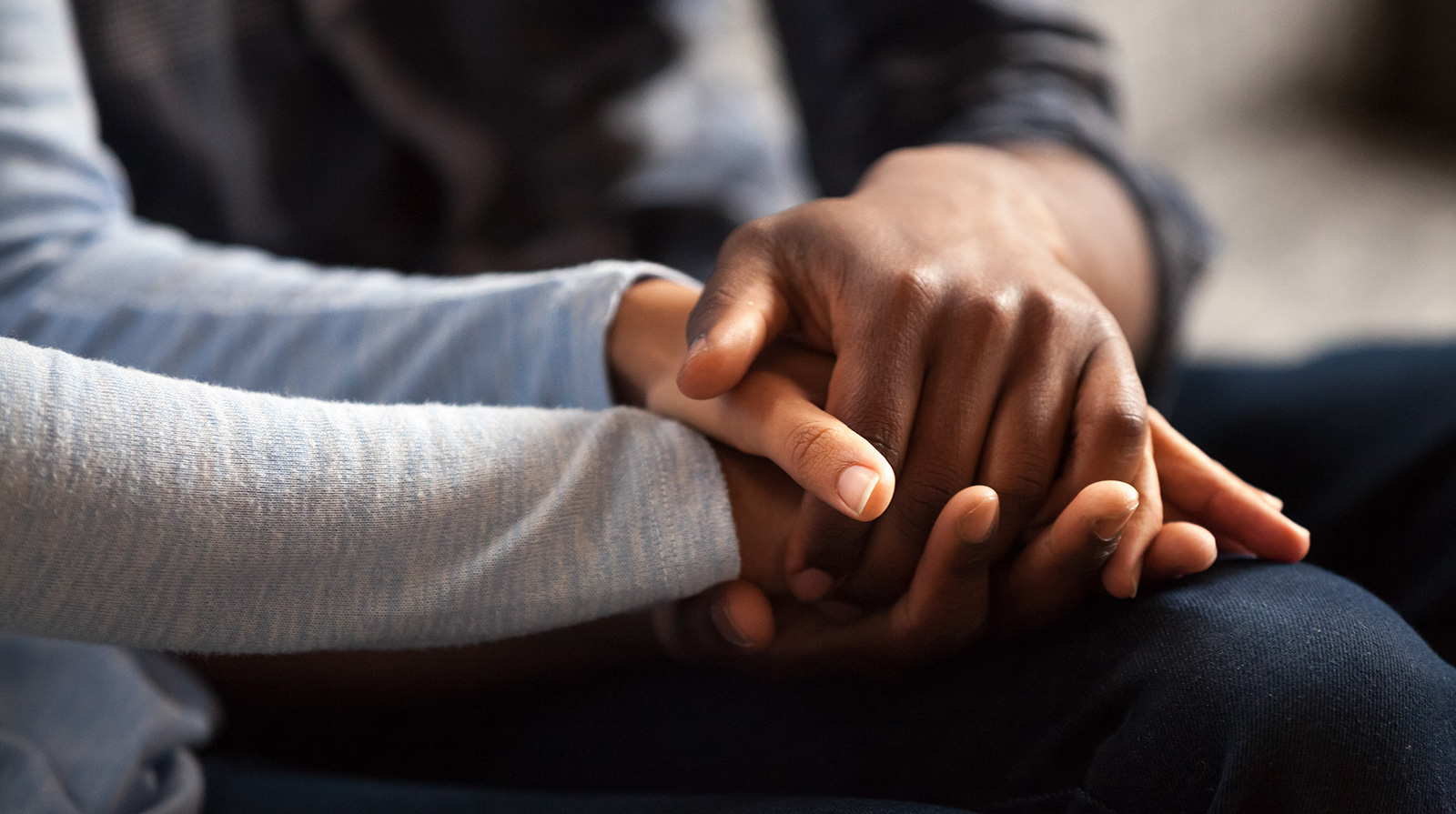If you or a loved one is struggling with a drug problem, you may feel alone, helpless or ashamed. But the good news is there is hope and we are here to help you on your journey.
No matter how bad the substance problem, or how powerless you feel, know that recovery is possible and there are a variety of paths to take when it comes to dealing with addiction. The path that works best for you may depend on personal preferences, available resources and the severity of your problem. Whatever path you decide to take, we encourage you to stay strong and strive to meet your goal, regardless of the difficulties you face along the way. Help, support and healing are just a click away.
We can face this together. Let’s take the First Steps.

An Open Letter To My Family
If you are struggling with how to ask your family or loved ones for help with an addiction, personalize this letter:
I am a chemically dependent person. I need help.
Don’t allow me to lie to you and accept it for the truth, for in so doing you encourage me to lie. The truth may be painful, but get at it.
Don’t let me outsmart you. This only teaches me to avoid responsibility, and to lose respect for you at the same time.
Don’t let me exploit you or take advantage of you. In so doing, you become an accomplice to my evasion of responsibility.
Don’t lecture me, moralize, scold, praise, blame or argue when I’m drunk, high or sober. And don’t pour out my liquor or take away my drugs. You may feel better, but the situation will be worse.
Don’t accept my promises. This is just my method of postponing pain. And don’t keep switching agreements. If an agreement is made, stick to it.
Don’t lose your temper with me. It will destroy you and not help me.
Don’t allow your anxiety for me to compel you to do what I must do for myself.
Don’t cover up or abort the consequences of my chemical use. It reduces the crisis, but perpetuates the illness.
Above all, don’t run away from reality as I do. Chemical dependency, my illness, gets worse as my use continues. Start now to learn, to understand, and to plan for my recovery. I need help from a doctor, a counselor, a psychologist, other recovering alcoholics or addicts and from God. I cannot help myself.
I hate myself, but I love you. To do nothing is the worst choice you can make for us.
Please help me,
Your Chemically Dependent Person
A Letter From the Parent of an Addict
A month after 19-year-old Daniel Lajterman of Ramsey died of an overdose, his mother Linda penned a powerful letter to open parents’ eyes to the cold, hard truth of the epidemic that is taking young lives across the state. Her words shed light on ways that both parents and teens can keep their friends and family from losing their lives to drugs by offering the following information:
Addiction does not discriminate.
Location, race, religion, or socioeconomic status does not save your family from the perils of substance dependence. Any experimentation with drugs can potentially lead to addiction.
The drug dealer could be your next-door neighbor.
It’s easy to think that drug dealers are seedy characters in places far away. But the truth is that they could be friendly faces in your own neighborhood.
Casual drug use is the new norm:
Many teens believe that they are invincible; they may chalk up casual drug use to “partying.” Using substances like cocaine, Xanax, and acid is common. It’s dangerous to assume that the landscape of drug use is the same now as it was when you were a teenager.
A happy family doesn’t make you immune to addiction.
In her letter, Linda describes the family her son grew up in: loving parents happily married for 30 years and older siblings who cared deeply. But being a part of a close-knit family does not mean a child can’t become addicted to drugs.
Don’t depend on traditional drug education.
Danny, like all teens in New Jersey, had access to all of the traditional drug education that schools had to offer. Unfortunately, that doesn’t prevent teens from experimenting, which can lead to addiction.
Teenagers specialize in half-truths.
They know what their parents want to hear. While trust is just as important in your relationship with your child as it is in any other relationship, always be aware. Linda recalls how Danny would give her information – like that some of his friends were staging an intervention for others – while leaving out key details – such as that he was one of the friends being intervened.
Addiction wears many disguises.
It can hide behind seemingly normal behavior and not show itself until something drastic happens. Many addicts are fully functional – they maintain jobs, have loving relationships with people around them, and behave normally.
Reinforce your unconditional love.
Often, addicts experience feelings of shame when they come to recognize they have a problem. Emphasize to your children that you will love them unconditionally and maintain open lines of communication. Give them the opportunity to speak to you openly.
Break the code of silence.
Teens will often do whatever it takes to not lose friends, even if it means hiding their drug abuse from their parents. Tell the teens in your life that they’re not snitching – they’re saving lives. If you’ve discovered your child is using, contact the parents of his or her friends and warn them.
The answer might not be easy.
If your child needs rehab, don’t hesitate to send them. Whatever it takes, help them access the counseling they need. If moving out of state, away from your teen’s friends would help them kick drugs, make the move.
